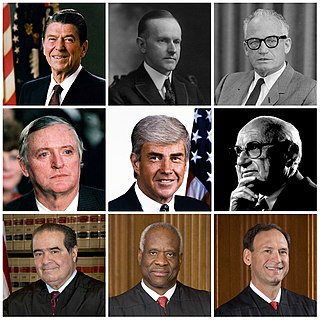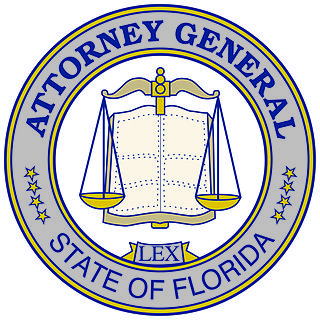| ||||||||||||||||||||
| ||||||||||||||||||||
 County results
| ||||||||||||||||||||
| ||||||||||||||||||||
| Elections in Florida | ||||||||||||
|---|---|---|---|---|---|---|---|---|---|---|---|---|
 | ||||||||||||
| ||||||||||||
| ||||||||||||
The 2010 Florida gubernatorial election took place on November 2, 2010. Republican-turned-Independent incumbent Governor Charlie Crist chose not to run for a second term. He instead ran (unsuccessfully) for the Senate seat vacated by Mel Martínez. [1] This resulted in an open race for Governor of Florida in which Republican Rick Scott narrowly defeated Democrat Alex Sink.

The Republican Party, also referred to as the GOP, is one of the two major political parties in the United States; the other is its historic rival, the Democratic Party.

Charles Joseph Crist Jr. is an American attorney and politician serving as the U.S. Representative from Florida's 13th congressional district since 2017. He previously served as the 44th Governor of Florida, from 2007 to 2011.
Contents
- Candidates
- Republican
- Democratic
- Independence Party of Florida
- No party affiliation
- Primary results
- Democratic 2
- Republican 2
- Campaign
- Polling
- Democratic primary
- Republican primary
- General election
- Election results
- See also
- References
- External links
Despite mixed to unfavorable ratings, Rick Scott benefited greatly from the midterm GOP wave, in which Republicans made significant gains across the country. [2] Scott was one of six Republican gubernatorial pick-ups nationwide (counting Crist now as an Independent).

Midterm elections in the United States are the general elections that are held near the midpoint of a president's four-year term of office. Federal offices that are up for election during the midterms include all 435 seats in the United States House of Representatives, and 33 or 34 of the 100 seats in the United States Senate.
The tight and highly contentious election was one of the standout races in 2010. Despite not professing direct allegiance to the movement, [3] Scott benefited from support and endorsement by Tea Party activists, [2] [4] an influential conservative voting bloc of the 2010 midterms. Furthermore, Scott ran aggressively against the Affordable Care Act (Obamacare), and exit polls indicated considerable support for that position. [5]
Political endorsement is the action of publicly declaring one's personal or group's support of a candidate for elected office. In a multiparty system, where one party considers that it does not have enough support to win power, just prior to the election, the official representative of that party may give an official endorsement for a party that they consider more likely to be a contender. In Australian electoral law electoral endorsement is a specific term and a candidate can only be endorsed by a registered party.

The Tea Party movement is an American fiscally conservative political movement within the Republican Party. Members of the movement have called for lower taxes, and for a reduction of the national debt of the United States and federal budget deficit through decreased government spending. The movement supports small-government principles and opposes government-sponsored universal healthcare. The Tea Party movement has been described as a popular constitutional movement composed of a mixture of libertarian, right-wing populist, and conservative activism. It has sponsored multiple protests and supported various political candidates since 2009. According to the American Enterprise Institute, various polls in 2013 estimate that slightly over 10 percent of Americans identify as part of the movement.

The Patient Protection and Affordable Care Act (PPACA), often shortened to the Affordable Care Act (ACA) or nicknamed Obamacare, is a United States federal statute enacted by the 111th United States Congress and signed into law by President Barack Obama on March 23, 2010. Together with the Health Care and Education Reconciliation Act of 2010 amendment, it represents the U.S. healthcare system's most significant regulatory overhaul and expansion of coverage since the passage of Medicare and Medicaid in 1965.



















